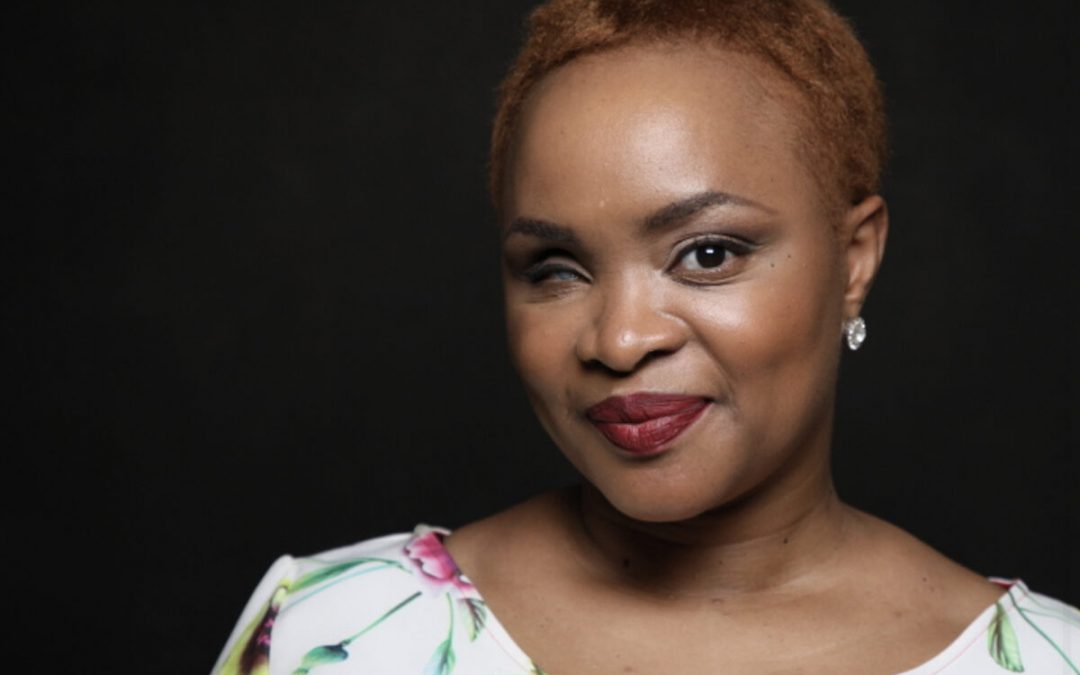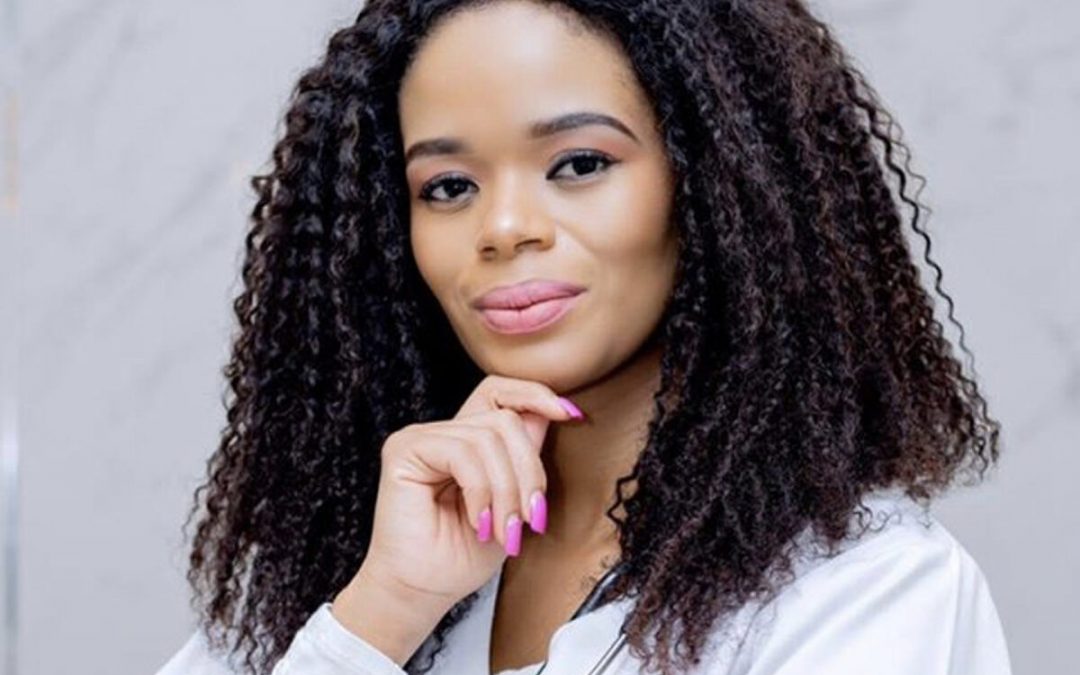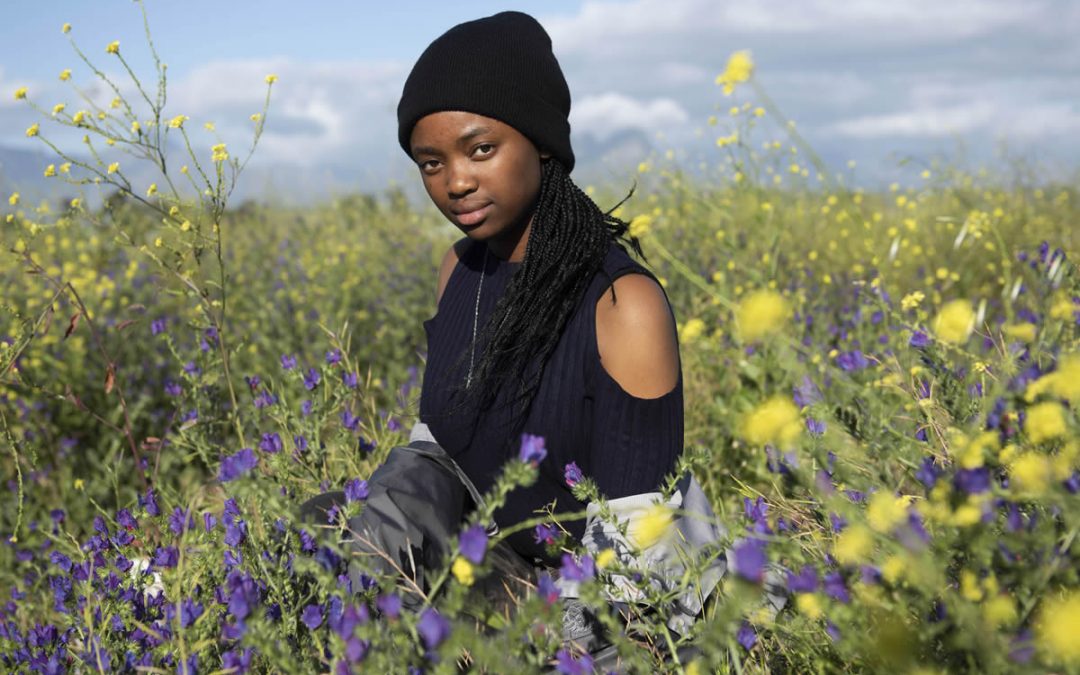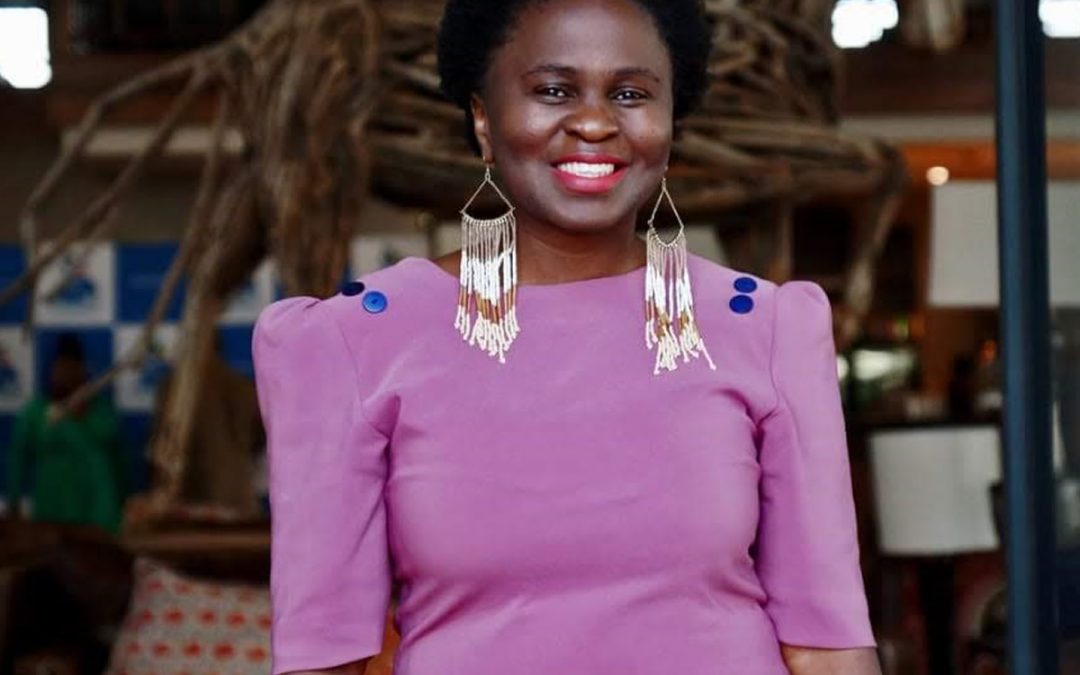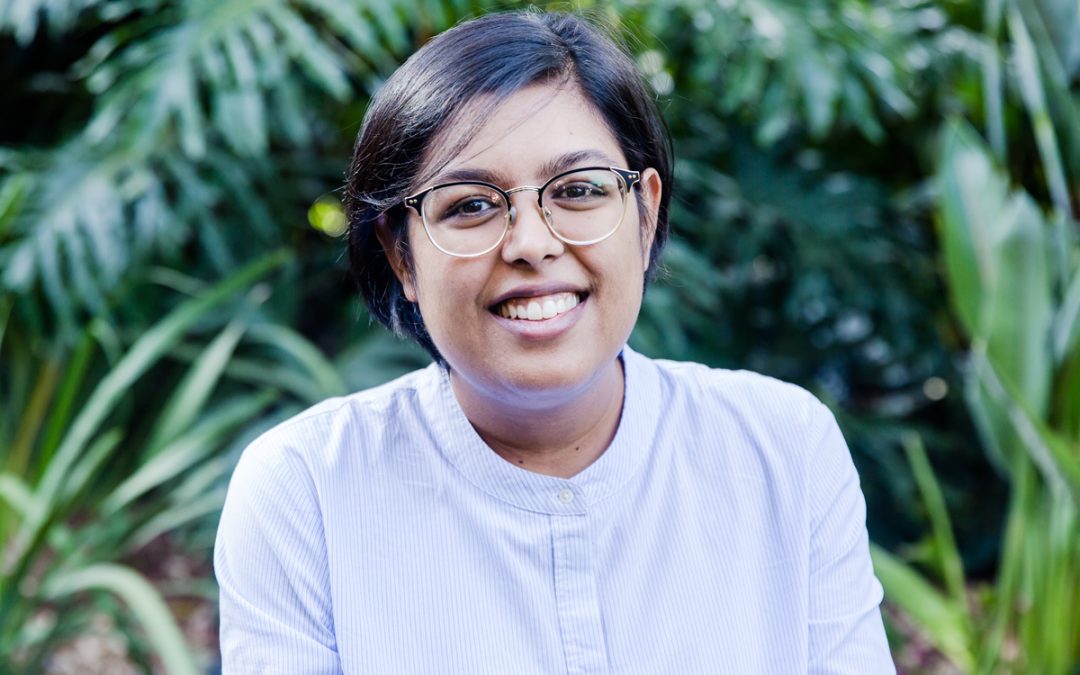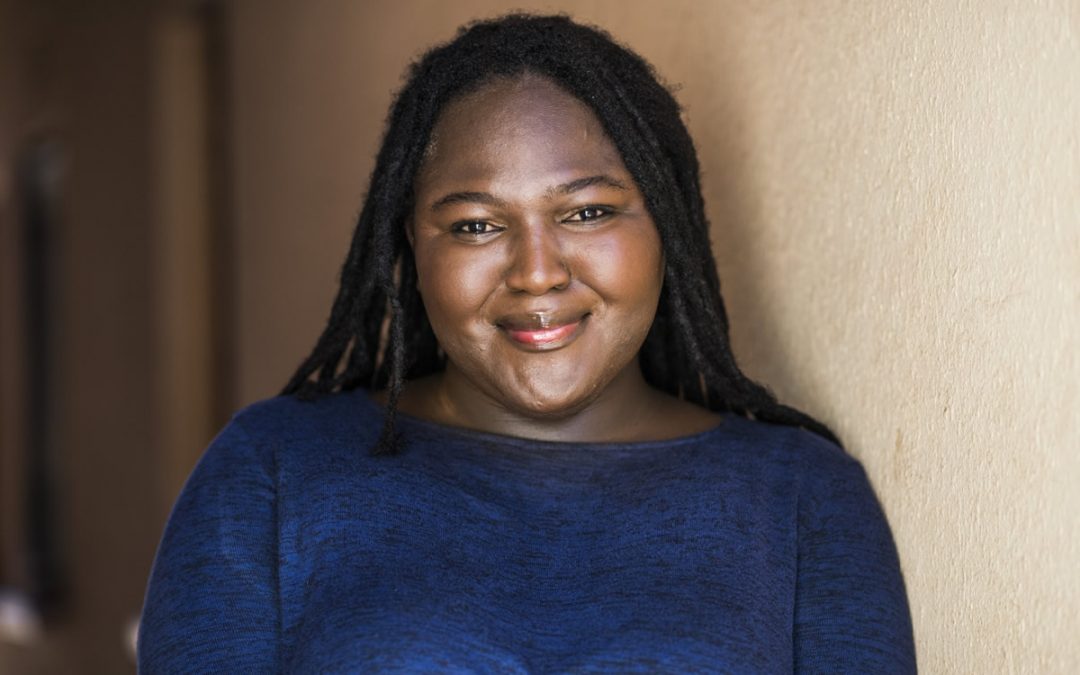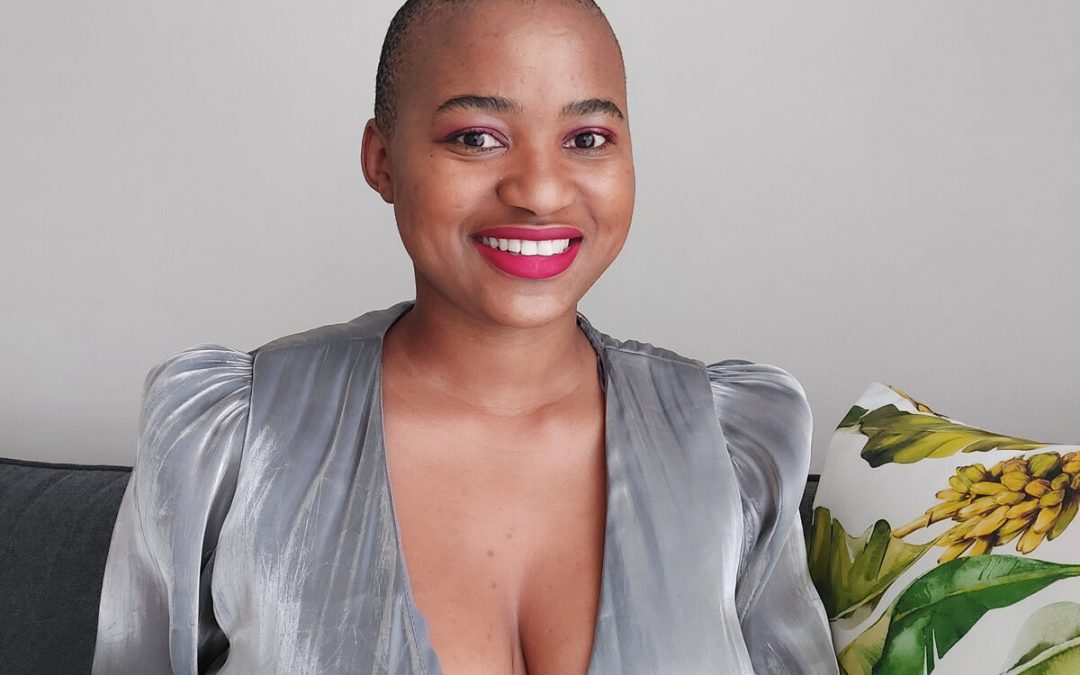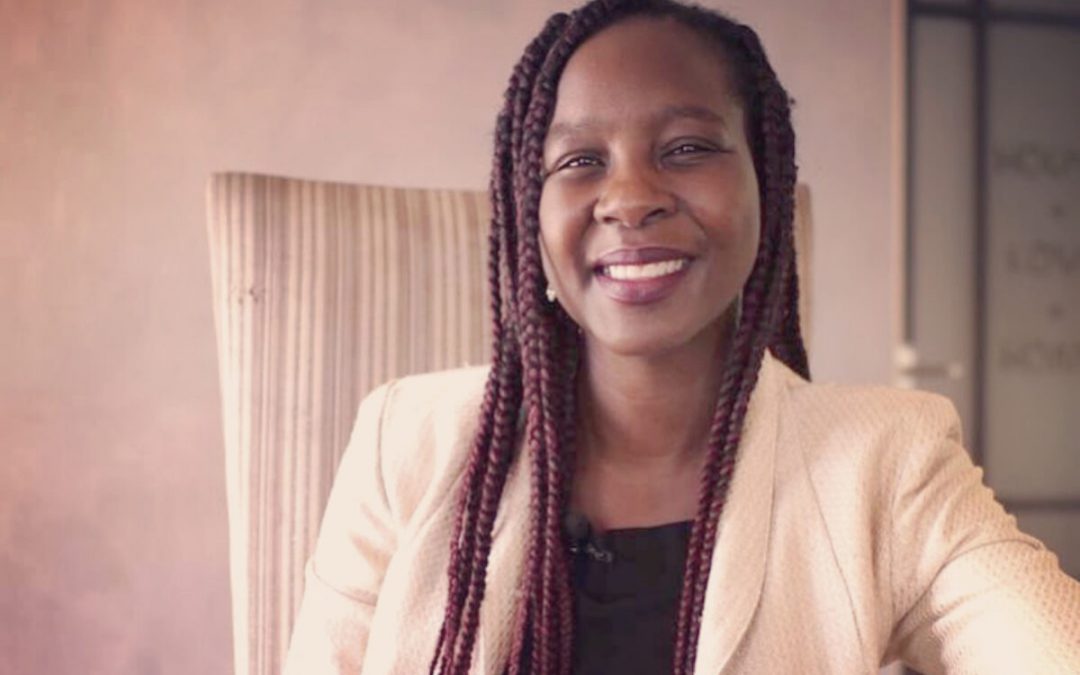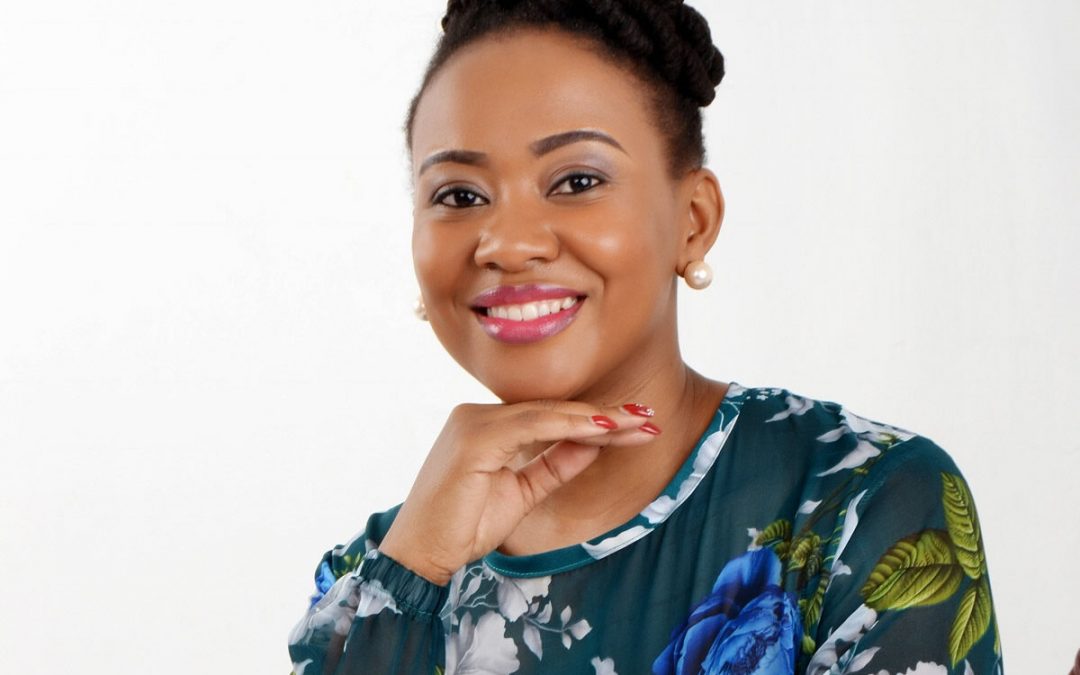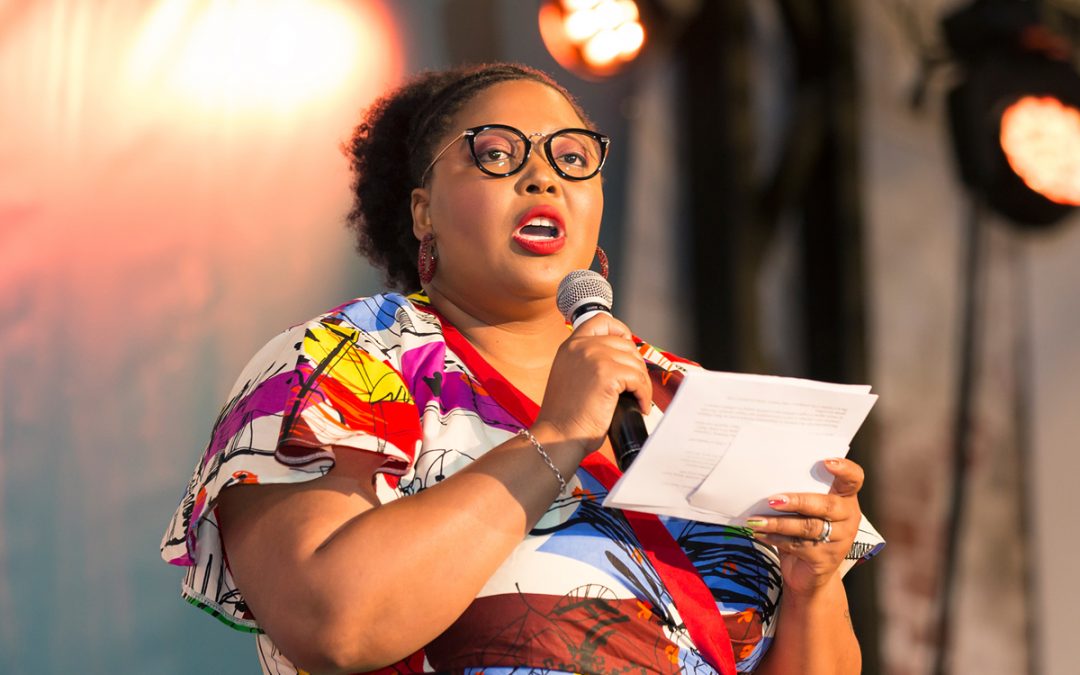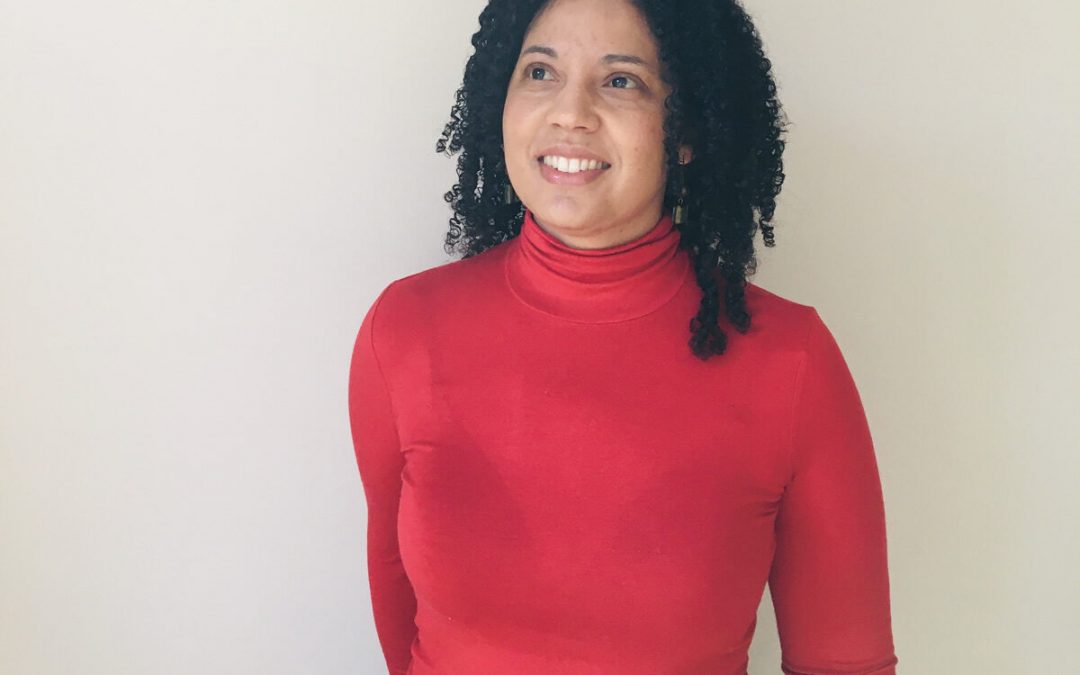Brain Waves Development is giving learners the opportunity to engage and interact with science in indigenous African languages, that makes learning comfortable and relevant.
Born and raised in Mamelodi, Pretoria, Lesego Masethe says that, looking back, there were many experiences, bad and good, while growing up that shaped the woman she is today.
“Being Muslim, a black Muslim at that, came with its share of hardships: the constant judgements, stereotypes and having to explain my religion to the world drained me and made me angry.” But she says she held on to the love and confidence that her parents gave her because, as she puts it, “my father fed my mind and my mother fed my soul”.
A top performer from an early age, Masethe’s career has had many detours before landing in the science, technology, engineering and mathematics (STEM) sector. Inspired by her curiosity and desire to seek the truth, Masethe studied investigative journalism. When reporting on stories about drugs and human trafficking eventually took a negative toll on her, she decided to look for other ways in which to use her journalism qualification, “and that’s when I stumbled into science journalism”.
Specifically, Masethe found work at the South African Agency for Science and Technology Advancement (SAASTA) as an intern. There, she received training in how to write science stories and communicate science to communities in a language that they could understand to ensure it was relevant to them. Masethe says her time at the SAASTA changed the course of both her life and her career, as it grew her passion for science and led her to her purpose of creating exposure to STEM in previously disadvantaged communities.
It was with this purpose in mind that Masethe founded Brain Waves Development (BWD), an educational initiative aimed at giving previously disadvantaged black learners in the public schooling sector the opportunity to physically engage and interact with the field of science. By employing indigenous African languages, BWD ensures that learning is comfortable and relevant to the socioeconomic challenges that under-resourced communities face. She explains: “Illiteracy and lack of enthusiasm towards the fields are high because of poor public understanding, insufficient access to STEM information, low enrolment, and poor marks in STEM subjects in rural and township public schools.”
Masethe hopes to inspire innovation in these communities by developing young minds that will not only function in society, but also grow to thrive. Brain Waves Development is establishing a STEM school of excellence, which will target young people and have a 70 percent female student intake.
Speaking on the challenges faced by women in male-dominated fields, Masethe says, to be taken seriously in the boardroom, women are often pressured into conforming to masculine norms. She says: “I attend events and I’m praised by my male peers about the great work my organisation does, then they ask me who is in charge. When I tell them that I’m the CEO and I’m in charge, the mood in the room changes.”
Beyond the struggles, Masethe finds purpose in touching people’s lives, inspiring them to be unapologetic about who they are and teaching them to aim to excel in everything they do.


